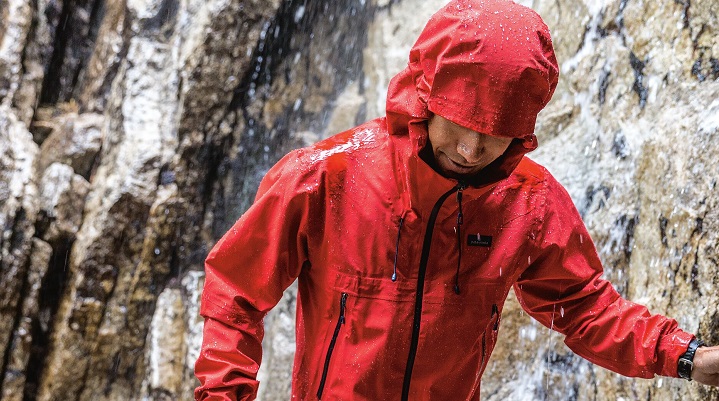Last month, Patagonia pulled its products from stores at the Jackson Hole Mountain Resort in Wyoming and said it would no longer supply the resort after learning that the owners had sponsored a political fundraiser for some of the most conservative lawmakers in the US. The fundraiser was in support of the Freedom Caucus, an arm of the Republican party that has opposed the Paris Climate Accord, blocked efforts to investigate the January 6 attack on the US Capitol building and spread misinfo
nformation about Covid-19.
“We join with the local community that is using its voice in protest,” Corley Kenna, head of communications and policy at Patagonia, said in a statement about the boycott. “We will continue to use our business to advocate for policies to protect our planet, support thriving communities and a strong democracy.”
The move is unsurprising from a retailer that sewed labels stating “vote the assholes out” into some of its garments during the Trump presidency, reportedly due to the Republican party’s lack of action on climate change.
“We’ve made a really strong commitment to using both our business and our brand to advocate for our strong priorities. When there’s a misalignment on that, then we take action,” Kenna said.
In Wyoming, that action comes at a price, since Jackson Hole Mountain Resort is Patagonia’s biggest retail partner in the upscale ski town. But Patagonia has a strong track record of prioritising its values over its bottom line.
Earlier this year, it stopped allowing companies to add their logo to Patagonia clothing, a service it offered for decades, and one that was particularly popular with Wall Street firms. The retailer noted that branded clothing is hard to donate and often sits unused, shortening its lifespan. But the incongruity of seeing the logos of companies that support the fossil fuel industry on Patagonia clothing may also have been a factor.
Kenna said Patagonia would revisit its decision about supplying the ski resort if it saw a “serious commitment to a healthy planet and healthy communities” from the owners.
From avoiding politics to public lobbying
Dr Abas Mirzaei, senior lecturer in marketing at Macquarie Business School, believes the decision to boycott the ski resort is unlikely to cost Patagonia many customers. In fact, it might have lost customers if it didn’t.
“Patagonia is known as being anti-Republican, and they have accepted the fact that they won’t have a massive customer base with Republican values,” Mirzaei told Inside Retail. “Any association with Republicans is a major blow to their reputation, and can result in feelings of betrayal by their existing customer base.”
Traditionally, retailers have avoided taking a political stand, knowing that it would alienate half of their potential customer base. As Michael Jordan famously said, “Republicans buy sneakers, too”. But as brands have become more outspoken on topics like climate change, racism and LGBTQIA+ rights, this has started to change.
“Brands are adopting a public lobbying style, influencing politicians and decision-makers by choosing politically charged social issues,” he said.
Even if brands attempt to focus on the core human values of an issue, if politicians are taking sides on the issue, it could “add a political flavour to it”.
For instance, when activist ice cream brand Ben & Jerry’s announced it would stop selling products in Occupied Palestine Territory, it said the decision was based on its values and “long history of advocating for human rights, and economic and social justice”.
But many viewed the move as a political statement and criticised the brand for what they saw as implicit support for the Palestinian-led Boycott, Divestment and Sanctions (BDS) movement.
Companies largely silent on abortion law
Seeing how quickly brand behaviour is politicised today may explain why so few businesses in the US have spoken out against the recent rollback of reproductive rights in Texas, where private citizens can now sue any person who assists in providing an abortion to a woman who is more than six weeks pregnant.
Dating app Match has created a fund to support female employees affected by the new law, Bumble is donating to organisations fighting for women’s reproductive rights and Uber and Lyft have promised to pay the legal fees of any driver who is sued.
But despite many companies’ proud and public participation in International Women’s Day initiatives, most have been virtually silent on this issue impacting women’s health and autonomy.
Abortion is one of the most divisive social and political issues in the US, with 40 per cent of Americans in favour of banning or severely restricting it, according to the Pew Research Center.
“Going forward, brands with clear political ideologies will need to take a more inclusive approach and should try to tie their values with core human values and social issues, adopting less polarising and divisive language and messaging,” Mirzaei said.

